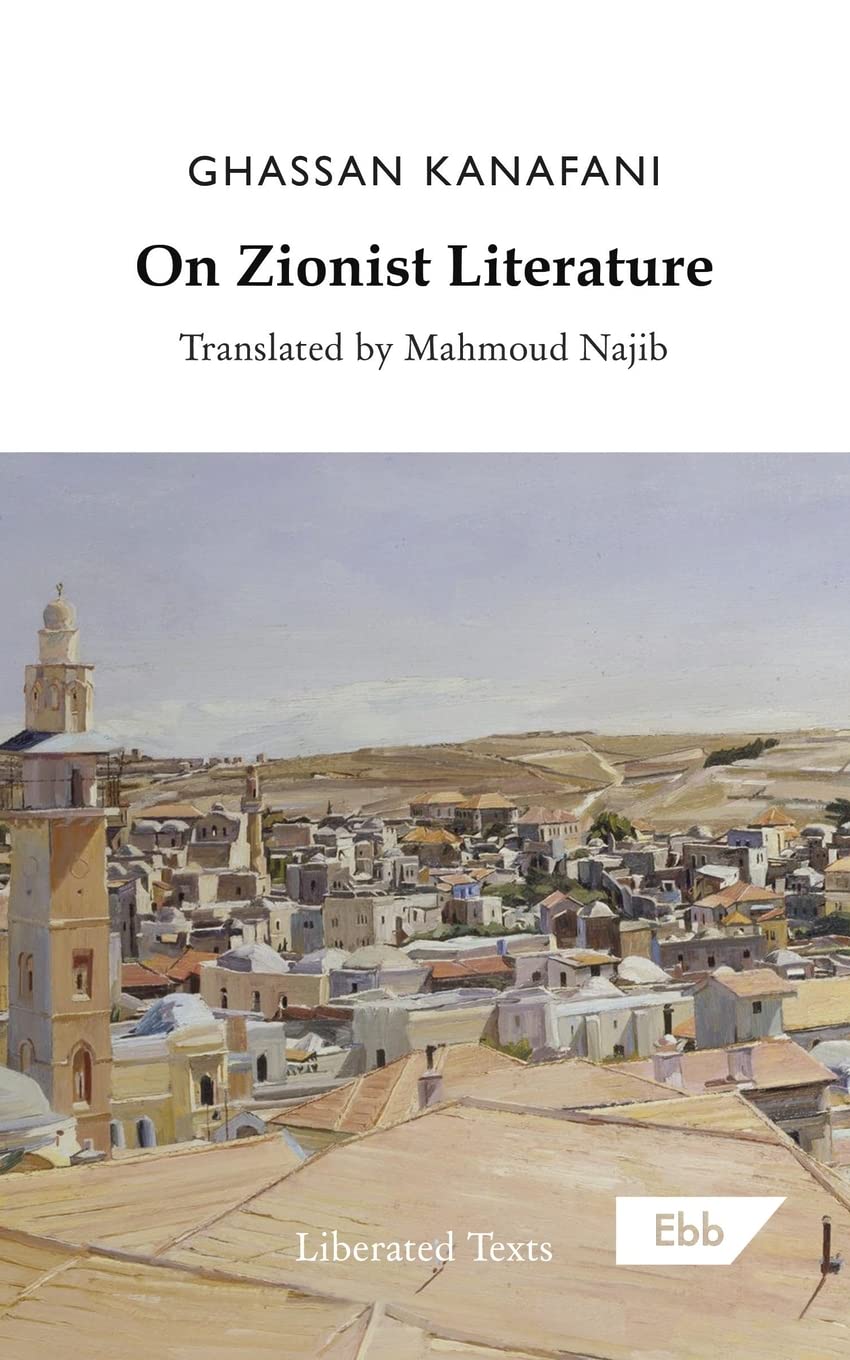
Translated into English for the first time after its publication in 1967, Ghassan Kanafani's On Zionist Literature makes an incisive analysis of the body of literary fiction written in support of the Zionist colonization of Palestine. Interweaving his literary criticism of works by George Eliot, Arthur Koestler, and many others with a historical materialist narrative, Kanafani identifies the political intent and ideology of Zionist literature, demonstrating how the myths used to justify the Zionist-imperialist domination of Palestine first emerged and were repeatedly propagated in popular literary works in order to generate support for Zionism and shape the Western public’s understanding of it.
Author

Ghassan Kanafani (Arabic: غسان كنفاني) Ghassan Kanafani was a Palestinian journalist, fiction writer, and a spokesman for the Popular Front for the Liberation of Palestine. Kanafani died at the age of 36, assassinated by car bomb in Beirut, Lebanon. Ghassan Fayiz Kanafani was born in Acre in Palestine (then under the British mandate) in 1936. His father was a lawyer, and sent Ghassan to a French missionary school in Jaffa. During the 1948 Arab-Israeli War, Kanafani and his family fled to Lebanon, but soon moved on to Damascus, Syria, to live there as Palestinian refugees. After studying Arabic literature at the University of Damascus, Kanafani became a teacher at the Palestinian refugee camps in Syria. There, he began writing short stories, influenced by his contact with young children and their experiences as stateless citizens. In 1960 he moved to Beirut, Lebanon, where he became the editor of several newspapers, all with an Arab nationalist affiliation. In Beirut, published the novel Men in the Sun (1962). He published extensively on literature and politics, focusing on the the Palestinian liberation movement and the refugee experience, as well as engaging in scholarly literary criticism, publishing several books about post-1948 Palestinian and Israeli literature.